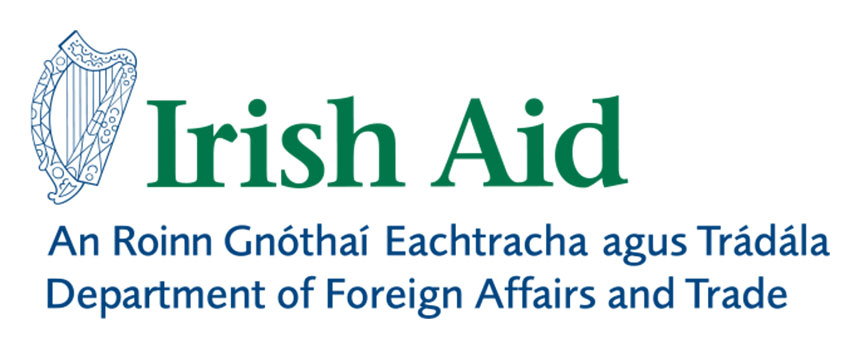Being a Feminist in the 1980s
December 12th, 2015 - Cathleen O'Neill
The Caoin
I started to scream again today
A slow sad scream of frustrated anger
Today I wailed at the wall of officialdom!
Smug, smiling, filing cabinet face
Closed to my desperate entreaty
Social justice is a right
Don’t dole it out like charity
I stood there, dead-locked, mind-locked
Helpless in his sightless one dimension world
With dignity in danger, I turned and
Slowly, silently I walked away
And my mind screamed a slow, sad caoin for the Women
And damned their Patriarchy
During the recession in the mid ’80s I was a very young mother with 5 children who had been forced onto social welfare after a marriage breakup. The combination of recession, depression, feminism and poverty made for a fast learning curve as I battled week after week with one state or political official or another for survival. As an introduction to this article I start with a poem that I had published during those battles, and sadly those same feelings evident in the poem are as unchanged today as the day it was written.
Yet, there was hope to be found in the ’80s. The second wave of feminism was still having an impact, particularly in the media, as women journalists debated the issues and produced a raft of TV and radio programmes to raise awareness of the issues facing women. Working class women were setting up daytime adult education centres that were community based. Politics, feminism, women’s publishing houses and community based writing groups gave a voice to women. It was possible in those days to meet with and lobby your local TD or government minister to advocate on behalf of your community or group. Out of this space many voluntary projects and community development projects were funded by the state.
Yes there was poverty and social class discrimination; yes there was huge inequality in the state; in schools, in work and politics. But there was a hope, that between the women’s movement, the community based groups, the voluntary sector- and our friends in Europe, we could bring about change. In our classrooms and groups we discussed how the Poverty Industry worked, we tried to understand Economics, and the Law, and the role of the Exchequer and the banks and how Europe could be an ally through its various funding opportunities for women’s groups. We became experts at writing and costing funding proposals, writing business plans, finding European partners etc. It feels like we slipped seamlessly from one recession to the next, and that our feminist ideology and perspectives took a heavy battering along the way. Whilst the Celtic Tiger roared, we concentrated on community development and networking. We worked with our communities to build capacity. In some cases we entered into private/public regeneration partnerships, building houses, community halls, schools and other essential community needs.
And then, at a stroke, we watched as the politicians and the whole neo-liberal structure swept us off the table. We lost our own advocates in the Equality Authority, The Combat Poverty Agency, The Irish Human Rights Commission and we lost our own community development projects. More crucially, we found that our lobbying tactics were falling on deaf ears as they closed their ears and doors to our plea for social justice. And the media completely turned its back on us as they danced to the neo-liberal tune.
We were battling on the ground to save our projects and communities, to support women who were experiencing domestic violence, persistent poverty, the care crisis, the disability crisis. We marched and protested to draw attention to the fact that women make up the majority of people living in poverty. Households headed by women are at the greatest risk of poverty. Women with a disability are twice as likely to live in poverty. Cuts to social welfare were life and death issues and affected women more than men. We screamed as loud as we could that the State was conducting a war against the poor, that it was actively engaged in hostile, economic and cultural action against women. It was to no affect, our protest went unheard even as we continued the fight.
In the present crisis we totally need to push our feminist perspective worldwide. We need to end the gender blind nature of government and social policies. We must educate ourselves and the policy makers about the fact that women make up the majority of the working poor, that they are mostly in low paid jobs, with zero hour contracts, and so on. The whole nature of Care Labour or Solidarity Care needs to be debated in political and public forums – for without it, capitalism cannot continue to grow. It is clear to us all that Capitalism relies on the existence of this unpaid work that is done by women globally in order to satisfy its greed and growth. We should demand that the feminist voice be included in the mainstream commentary on the current global economic crisis. We must promote the work of feminist writers and economists. They have produced fantastic research and policies. And we must ensure that our own values and ethics can offer new ways of naming our own world and bring about positive change for all. Patriarchal structures and capitalism will not be changed without a massive battle being fought, but we are able and ready to win this challenge.
As mentioned already, these are life and death issues for ourselves and our communities and our world.


